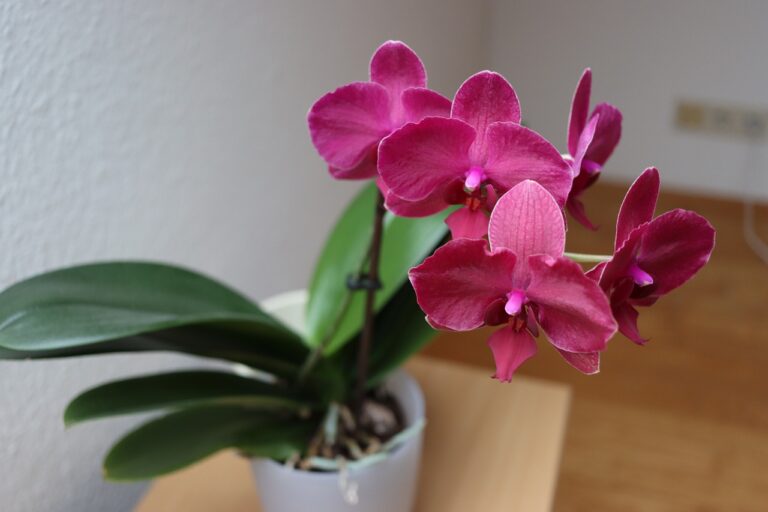Eco-Friendly Septic Tank Tips
99 exch sign up, lotus 365.io, play exch.in:Are you looking for ways to make your septic tank more environmentally friendly? Well, you’re in luck! In this article, we’ll explore some eco-friendly septic tank tips that can help you reduce your environmental impact and save money in the process.
1. Regular Maintenance
Proper maintenance is essential for keeping your septic tank running smoothly and efficiently. Regularly pumping out your tank every 3-5 years can prevent sludge buildup and prolong the life of your system. It’s also important to inspect your tank for leaks and make any necessary repairs promptly.
2. Use Water Wisely
Conserving water is not only good for the environment, but it can also reduce the strain on your septic system. Be mindful of your water usage by fixing leaks, installing low-flow fixtures, and spreading out laundry and dishwashing loads throughout the week.
3. Avoid Harsh Chemicals
Chemicals like bleach, drain cleaners, and antibacterial soaps can disrupt the natural bacteria in your septic tank that break down waste. Opt for eco-friendly cleaning products that are safe for septic systems to maintain a healthy balance of bacteria.
4. Be Mindful of What You Flush
Flushing non-biodegradable items like wipes, paper towels, and feminine products can clog your septic system and harm the environment. Stick to flushing toilet paper and human waste only to prevent costly repairs and protect local water sources.
5. Implement a Grease Trap
Grease and oil can solidify in your septic tank, causing blockages and reducing efficiency. Install a grease trap in your kitchen sink to catch fats and oils before they enter your septic system, preventing clogs and odors.
6. Plant Trees Strategically
The roots of trees and shrubs can infiltrate your septic system, causing damage and leaks. Plant trees away from your drain field and tank to prevent root intrusion and maintain the integrity of your system.
7. Use a Septic Safe Toilet Paper
Some toilet papers are slow to break down in septic systems, leading to clogs and backups. Look for biodegradable and septic-safe toilet paper that dissolves quickly to prevent issues in your septic tank.
8. Monitor Your Drain Field
Regularly inspecting your drain field for pooling water, foul odors, and overly lush grass can help you catch potential problems before they escalate. Address any issues promptly to prevent damage to your septic system.
9. Install a Effluent Filter
An effluent filter can trap solids before they enter your drain field, preventing clogs and extending the life of your septic system. Be sure to clean or replace the filter regularly to maintain optimal performance.
10. Hire a Professional
When in doubt, seek help from a licensed septic system professional. They can provide guidance on eco-friendly practices, conduct routine maintenance, and repair any issues that may arise.
FAQs:
Q: How often should I pump out my septic tank?
A: It is recommended to pump out your septic tank every 3-5 years to prevent sludge buildup and maintain optimal performance.
Q: Can I use a garbage disposal with a septic tank?
A: Garbage disposals can put additional strain on your septic system by introducing solid waste and grease. It is best to avoid using a garbage disposal or limit its use to prevent issues.
Q: Are septic tank additives necessary?
A: Septic tank additives are not necessary and can sometimes do more harm than good by disrupting the natural bacteria in your tank. Stick to regular maintenance and eco-friendly practices for a healthy septic system.
In conclusion, implementing these eco-friendly septic tank tips can help you reduce your environmental footprint and prolong the life of your septic system. By taking proactive steps to care for your septic tank, you can enjoy peace of mind knowing that you are doing your part to protect the environment and your wallet.







